As a left-wing sympathizer to the Palestinian cause, I cringed when I heard reports that college students around the country, including at Columbia University, my alma mater, had expressed support for Hamas’s murder of Israeli civilians on October 7. My first thought was that “woke” students had lost their minds — confusing the perfectly legitimate defense of Palestinian rights with the usual laundry list of “resistance” clichés that pay little attention to history, morality or the subtleties of the English language.
Further investigation revealed that a group calling itself Columbia Students for Justice in Palestine had issued a statement on October 9 that it stood “in full solidarity with Palestinian resistance over seventy-five years of Israeli settler-colonialism and apartheid.” Boilerplate robotic, perhaps, and not very controversial. This particular expression of solidarity, however, included clear approval of the “unprecedented historic moment for the Palestinians of Gaza, who tore through the wall that has been suffocating them in one of the most densely-populated areas on Earth for the past sixteen years… Despite the odds against them, Palestinians launched a counter-offensive against their settler-colonial oppressor.” I’m pretty sure that “unprecedented” does not apply to the latest Hamas terrorist attack (apart from the high number of casualties inflicted), but I’m certain that the usage of “apartheid” is inaccurate when used to describe a Jewish state with two million Arab citizens who have the right to vote. Israel is not South Africa, and oppressive though they are, the Israelis withdrew their settler-colonists from Gaza in 2005, so the students have their geography wrong. The so-called settler-oppressors live in the occupied West Bank.
But the worst aspect of the initial CSJP statement was that it justified a surprise attack against innocent bystanders (not all of them Israeli Jews and some of them Bedouin Arabs), including the 364 participants at the Nova music festival who made up nearly one-third of the total dead. As a journalist trained to spot propaganda, I’m skeptical about most reports and accusations of wartime and terrorist atrocities, but I’m revolted by what Hamas did to a group of young people partying in the desert. And by their killing of twenty-nine children and taking of another thirty children hostage.
A November 5 addendum issued by CSJP was disingenuous in the extreme: “On October 7 and 8, before all the information became clear, we believed it was exclusively a military operation. Had we known the full story at the time, we would have used different tone and language.” It was widely known by October 8 that dancers at a rave had been hunted down and killed. We can only wonder at what the different “tone” would have entailed. “It should go without saying that we condemn all war crimes, including the targeting of Israeli civilians that occurred on October 7,” the addendum went on to say. No it shouldn’t go without saying, not when we’re discussing a group of students so estranged from language and its meaning — people who don’t seem to know what Hamas is really about, which is likely not establishing a liberal society in which members of CSJP would be free to pursue happiness in whatever way they choose.
And yet, despite their blindness, there is something poignantly innocent, naïve and even principled about the most radical of the pro-Palestinian students — something that needs to be defended. Badly knocked off-balance, they appeared genuinely stunned by the ferocious reaction of the Israeli lobby. On October 25 a “doxing truck” began circling Columbia’s New York campus with a digital billboard that posted the names and images of “Columbia’s Leading Antisemites.” As things got uglier, about 170 faculty members issued their own public letter on October 30 defending a second student statement issued on October 11. In the faculty statement the signatories denounced the tactics of the doxing truck and said they were “appalled” by the charges of antisemitism, as well as by the fact “that some students have had offers of employment withdrawn by employers that sought to punish them for signing the [October 9] student statement, or for being merely affiliated with student groups associated with the statement.” For their part, the pro-Palestinian students petulantly admonished their adversaries to “find something better to do with your time than threaten students.”
Until now, the wokes have had things pretty much their way, denouncing and “canceling” anyone who doesn’t agree with their arbitrary witch hunts (just ask Al Franken, Garrison Keillor and John Hockenberry). “As Columbia students, our classes regularly discuss the inevitability of resistance as part of the struggle for decolonization,” the first CSJP statement read. Do they, indeed? When I was a Columbia student, we didn’t talk much about the inevitability of anything besides death and taxes, Marx having been largely discredited about the supposed inevitability of proletarian revolution. Moreover, we were regularly contradicted by our professors about our political orthodoxies. But we still had to read Marx and Hegel to understand what they meant by “historical forces,” and I don’t think the pro-Hamas lobby goes in much for critical thinking.
Fortunately, though, some of the current crop of teachers still care about freedom of expression, as well as “robust inquiry about the most challenging matters of our time,” as they stated in their October 30 letter. The letter did make some foolish and tone-deaf remarks about the students’ attempt to “recontextualize the events of October 7” (a phrase rightly ridiculed by another public faculty letter issued October 31), but the professors were correct to defend the students’ right to be heard without being written off as “antisemitic,” an epithet that’s beginning to resemble “sexist,” “racist” and “transphobic” in its targeting of anyone the Israeli lobby doesn’t like. As I write, and the massive reprisals against Palestinians by Israeli planes, tanks and American-made bombs drags on, we shouldn’t just ignore the facile-sounding denunciations of “colonial oppressors.” The Palestinian case for victimhood is very strong, almost as strong as the case for Israel’s founding in 1948. Sadly, the official response from Columbia’s administration has strayed sharply from promoting the “intellectual freedom” and “uncomfortable conversations” that President Minouk Shafik says she supports, since she has suspended and defunded Students for Justice in Palestine and Jewish Voice for Peace for allegedly violating university policies about staging public events. It’s a high ethical sacrifice to make, no matter how many big donors she appeases.
We shouldn’t be surprised, therefore, by the poverty of student and professorial rhetoric around the issues of free speech, Israel and Palestine, given the terrible examples they have to follow. Would that they had better role models for political debate and critical inquiry. The three university presidents who disgraced themselves in front of US Representative Elise Stefanik provide a fine example of what’s wrong with American higher education specifically, and political correctness in general. It was no small feat for Claudine Gay, Liz Magill and Sally Kornbluth to equivocate simultaneously about both antisemitism and free speech. Where a simple, declarative denunciation of any student “calling for genocide” against Jews was needed, the three university presidents answered repeatedly with the conditional “if” and “would.” The same with discipline: they could have said that extreme antisemitic rhetoric will lead to expulsion following appropriate due process. But they didn’t. At the same time, these educational “leaders” failed to articulate the importance of free expression on a university campus. “If the speech becomes conduct, it can be harassment, yes,” said University of Pennsylvania president Magill, playing directly into Stefanik’s very obvious trap. Whether it would be deemed bullying or harassment “is a context-dependent decision, Congresswoman.” Not exactly a ringing endorsement of the First Amendment.
Even worse, perhaps, the three presidents missed out on what Columbia’s Shafik describes as “a teachable moment.” Any one of them could have easily turned the tables on Stefanik for her own grotesque hypocrisy: “Congresswoman, does your endorsement of Donald Trump for president constitute your approval of his hosting of and praise for radical antisemites? If yes, does your public alliance with Trump constitute bullying and harassment of your Jewish constituents? If yes, does it violate your personal code of conduct? Does Trump’s clear implication that Mark Milley, the former chairman of the joint chiefs of staff, deserves execution constitute bullying and harassment of Milley? Yes or no? Does Trump’s call for shooting shoplifters as they leave a store amount to a call for genocide against shoplifters? Yes or no?”
Gay, Magill and Kornbluth evidently checked their intellects at the Capitol steps when they testified to Congress. I’m sure all of them subscribe to a greater or lesser extent to the woke sensibility that has done so much harm to free speech and due process since #MeToo and diversity, equity and inclusion took center stage in American public and academic life. We can only hope that their oxygen-starved, thought-policed students take time out next semester to do some truly independent study.



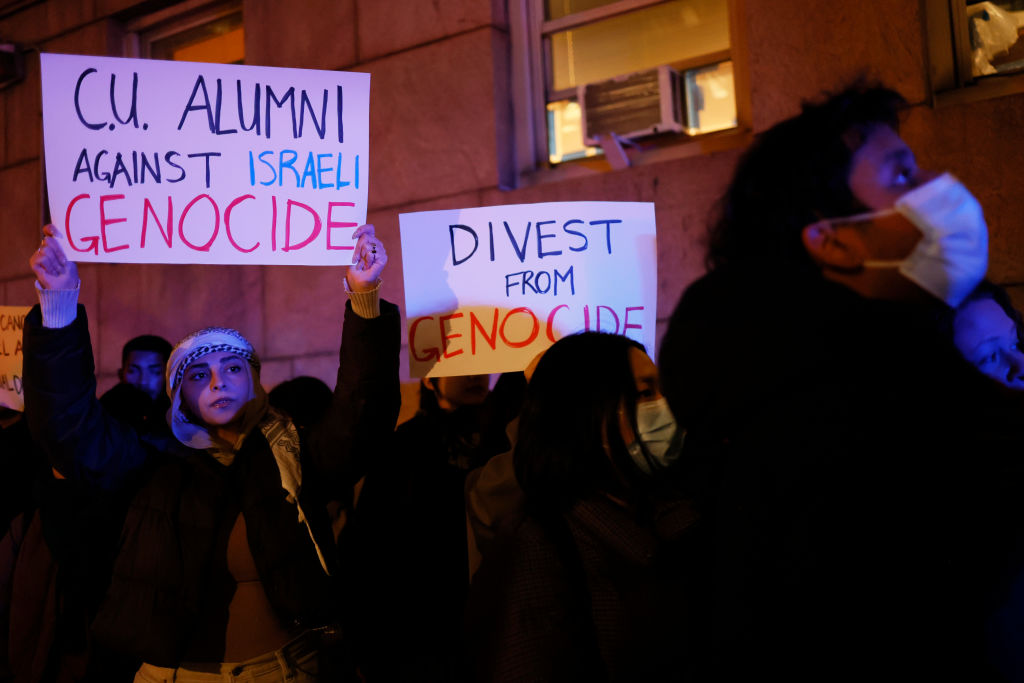






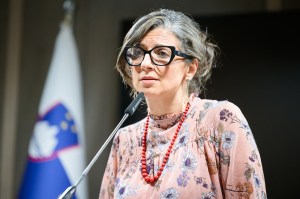

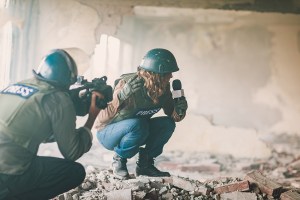
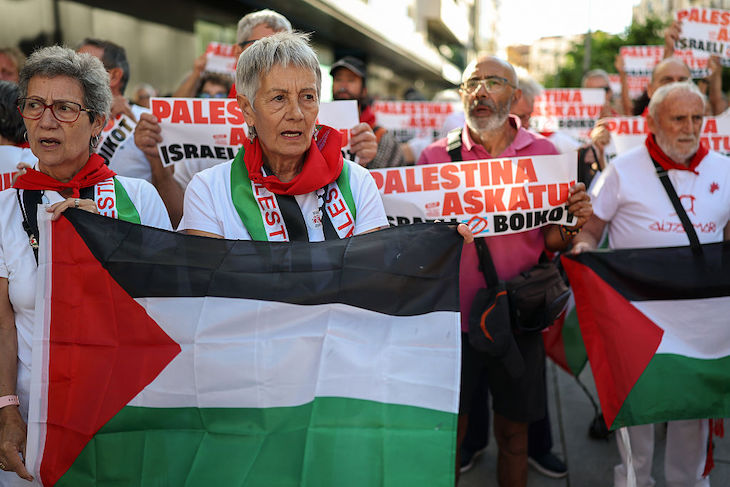

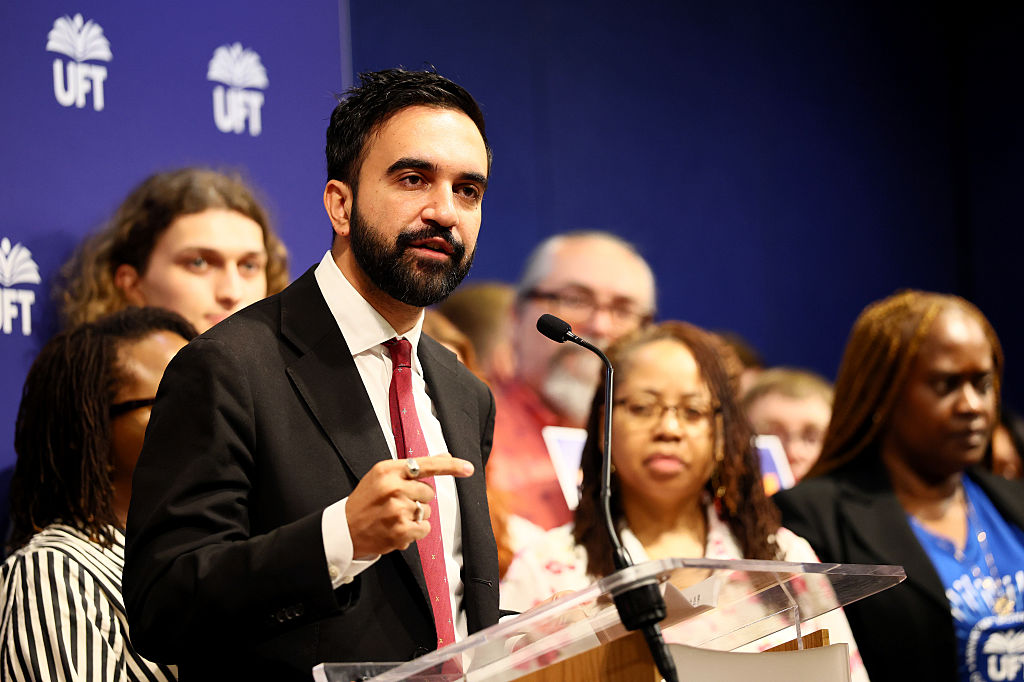

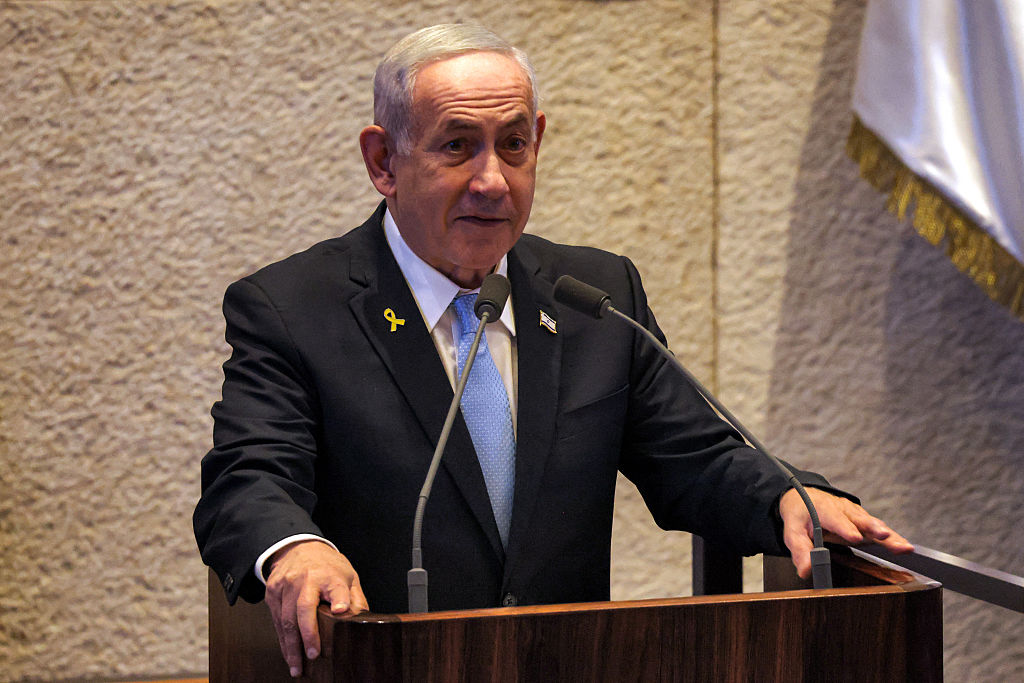
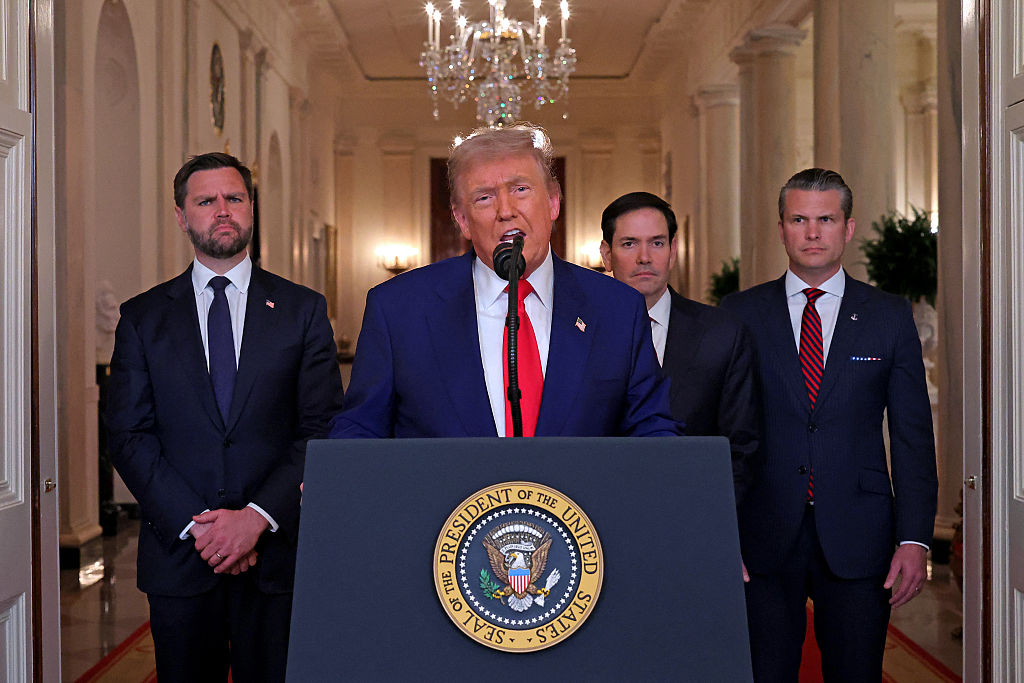







Leave a Reply